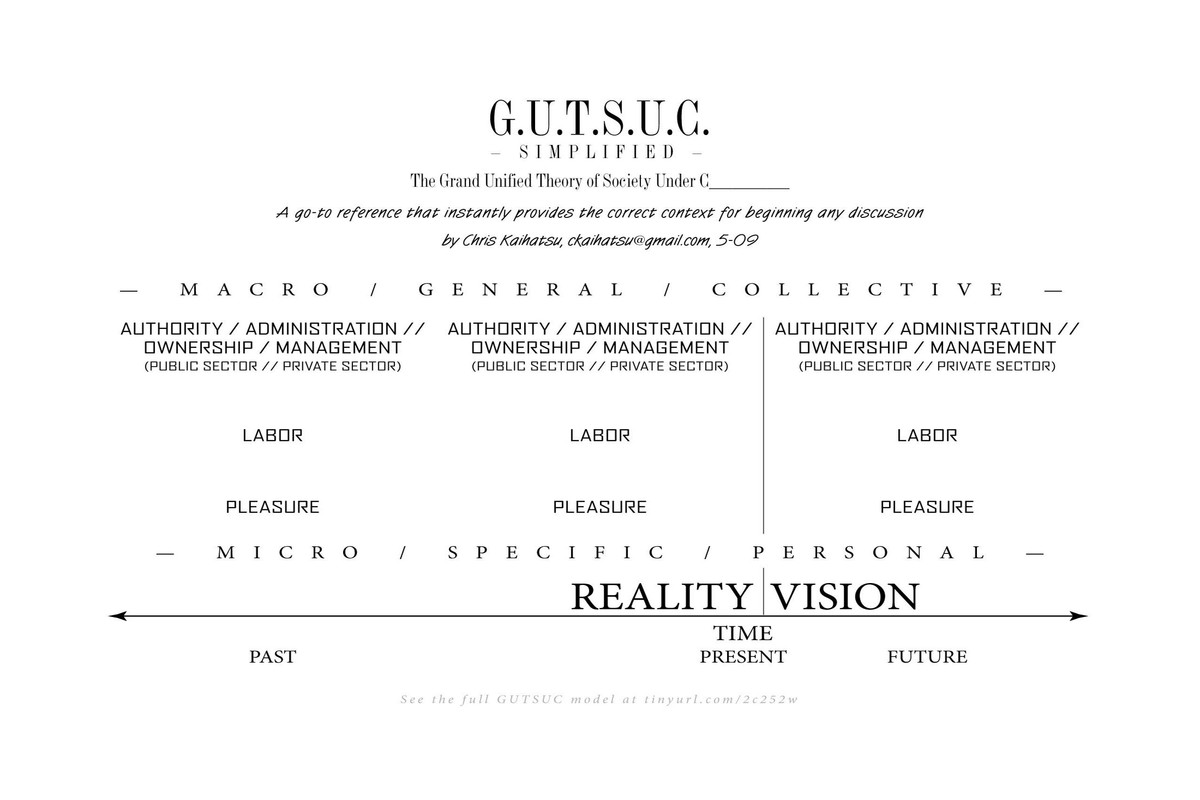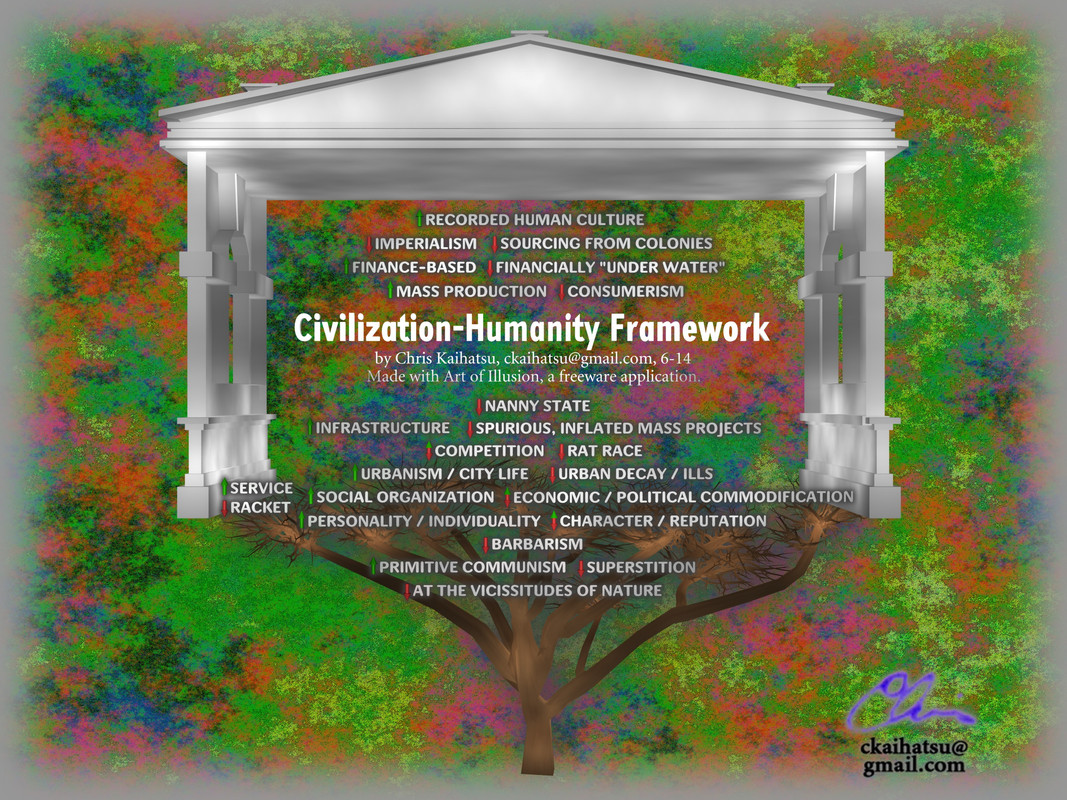- 24 May 2022 23:28
#15229366
Here's the *real* scary thing -- *my* politics are so *demand*-oriented (not 'supply-side' / 'trickle-down'), that I don't even *try* to establish any kind of 'peg', or ratio, of work-input, to rewards-output, as we're used to, with wages. I mean, *none at all*.
I start from the societal / civilizational goal of *human need* -- which, to me, anyway, implies *consumption* without regard to the *production* of it, whatsoever. And this *is* the standard for humane, life-critical services these days, like an ambulance -- the patient doesn't have to own stock or be employed at the hospital itself, for a hospital stay.
So, again, yeah -- totally *decoupled*, work from rewards, according to me.
Here's portions of my material, to save me from having to do redundant efforts:
ckaihatsu wrote:
scariest Halloween costume
Here's the *real* scary thing -- *my* politics are so *demand*-oriented (not 'supply-side' / 'trickle-down'), that I don't even *try* to establish any kind of 'peg', or ratio, of work-input, to rewards-output, as we're used to, with wages. I mean, *none at all*.
I start from the societal / civilizational goal of *human need* -- which, to me, anyway, implies *consumption* without regard to the *production* of it, whatsoever. And this *is* the standard for humane, life-critical services these days, like an ambulance -- the patient doesn't have to own stock or be employed at the hospital itself, for a hospital stay.
So, again, yeah -- totally *decoupled*, work from rewards, according to me.
Here's portions of my material, to save me from having to do redundant efforts:
A proletarian revolution would mean taking the world's material economy *off* of the market system -- but then, what should *replace* it? Once the paradigm of exchange-values is imploded, how would an egalitarian society properly value goods, resources, and materials, *and* various different liberated-labor efforts (work roles), without regressing back to the use of market exchanges and exchange values?
One major problem with the 'communal' approach, even if implemented worldwide, is that we can't just pretend that all work roles are the same -- the unstated assumption with the 'communal' approach is that as long as one is *contributing* to the material commons, one should be able to *partake* from that resulting complex social production, for one's own needs. This is *not* an entirely bad premise, actually, because one implication of it is that people should be consuming from social production according to their *needs*, and not according to what they've *contributed* to society, because that would mean rewards-for-labor, or the implicit *commodification* of labor based on what goods can be exchanged for it.
This may sound *strange* at first, but one could think of it as a new Enlightenment of social norms -- all social production should be for satisfying *human need*, and for no other reason. It's only with the relatively recent advent of *industrial* mass production techniques that humanity is able to realize far more output / productivity for labor inputs, and this dynamic is what modern communism is premised on, since surplus labor value is currently *seized* by private ownership for its own self-aggrandizement. Under communism all labor value, however measured, would benefit those who need to take and consume from it, regardless of their contributions to the creation of it.
Of course the common logical argument at this point, then, is to ask 'Who would have any material *motivation* to do the work if it wasn't societally required, and also wasn't directly rewarded?'
This is a *valid* argument, and usually *isn't* addressed by communist proponents, except perhaps to vaguely say that everyone would have a shared communal social responsibility, etc.
One part of a good, *systematic* answer to it is first to compare a rough estimate of what common, basic, modern human needs *are* on the whole, versus the capacities of what our society is *technologically* able to do to produce for those needs. Present-day technology for agriculture and for industry is *more* than quantitatively capable of producing to satisfy unmet humane needs since so much is currently *wasted* due to market speculation and subsequent unsaleability of excess commodities (as 'judged' so by the hands-off market mechanism).
Under capitalism there's never full utilization, much less full automation, due to the threshold of market pricing. Unprofitable avenues of production, as for many medicines, for example, or housing, will not be undertaken if the owners of that material capacity are unable to fetch a sufficient return on their investments through those productive processes. This effectively discriminates against the poor since the impoverished are such lightweight participants in the capitalist economy. Much genuine human need goes unfulfilled under the market-commodified system of material economics.
https://web.archive.org/web/20201211050 ... ?p=2889338














 - By annatar1914
- By annatar1914